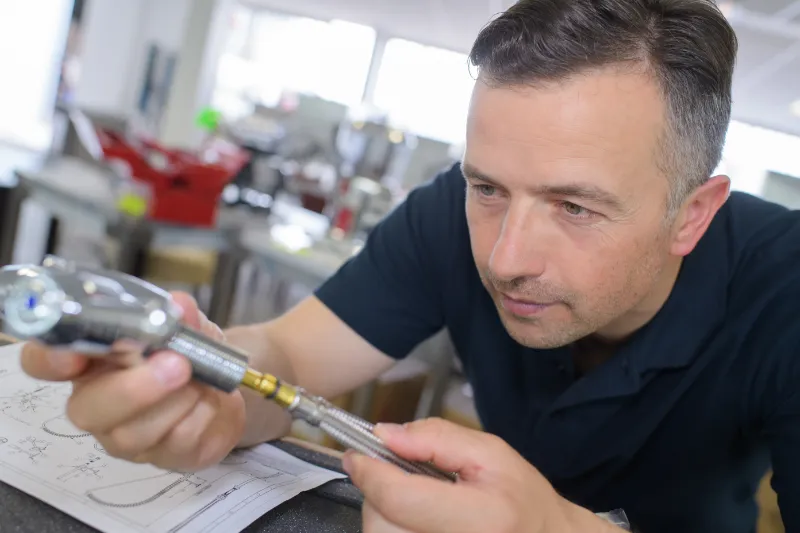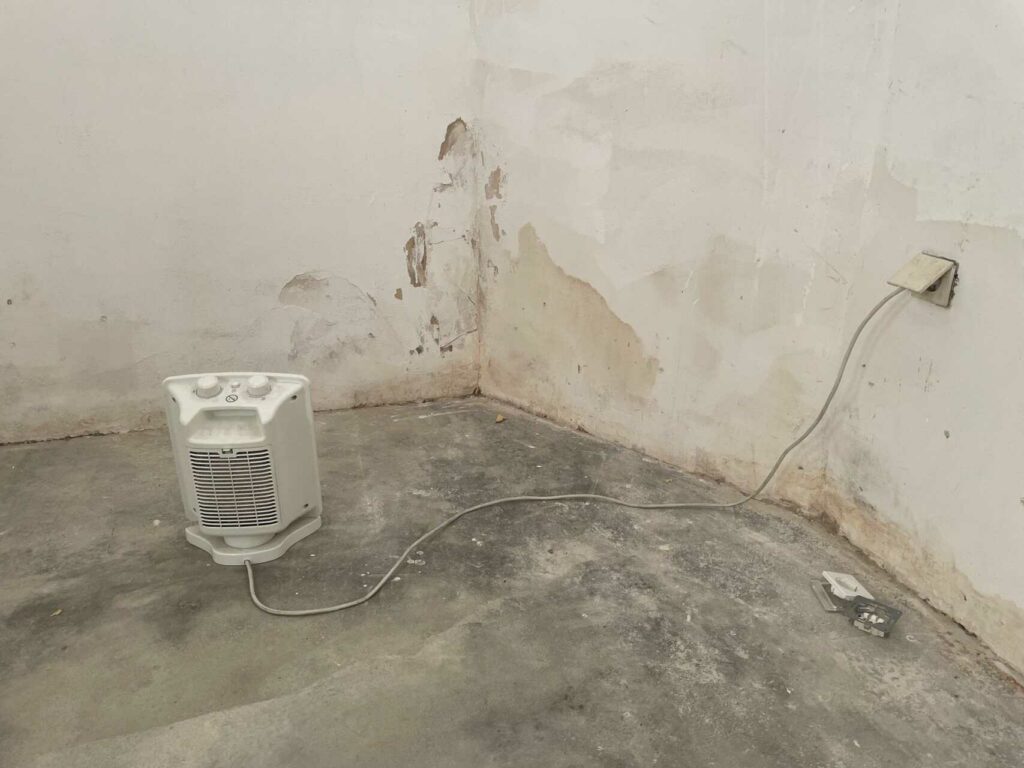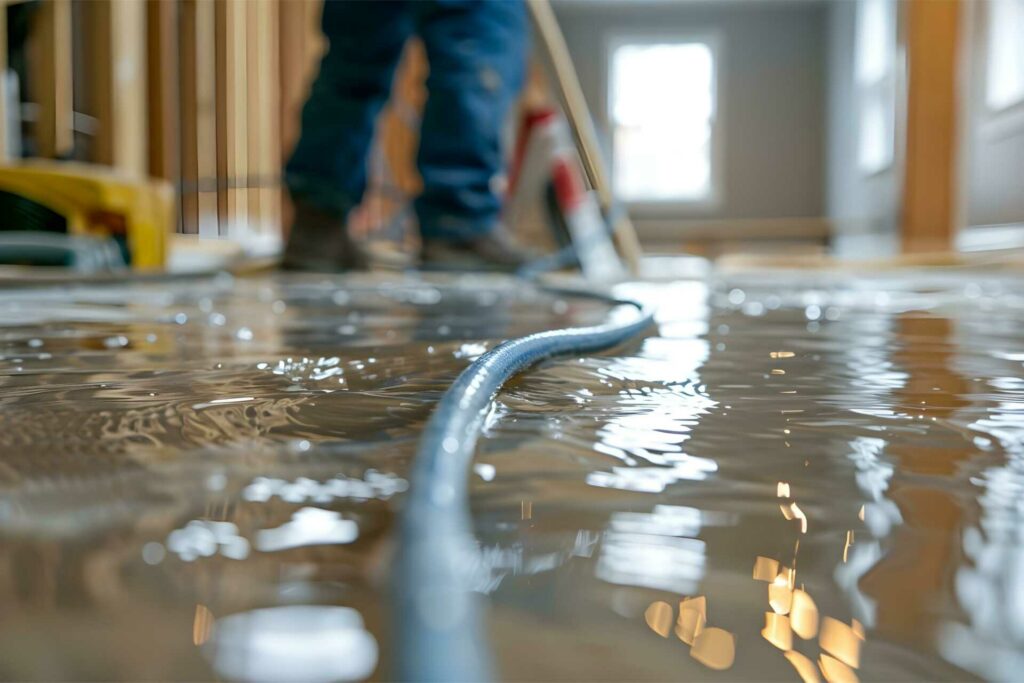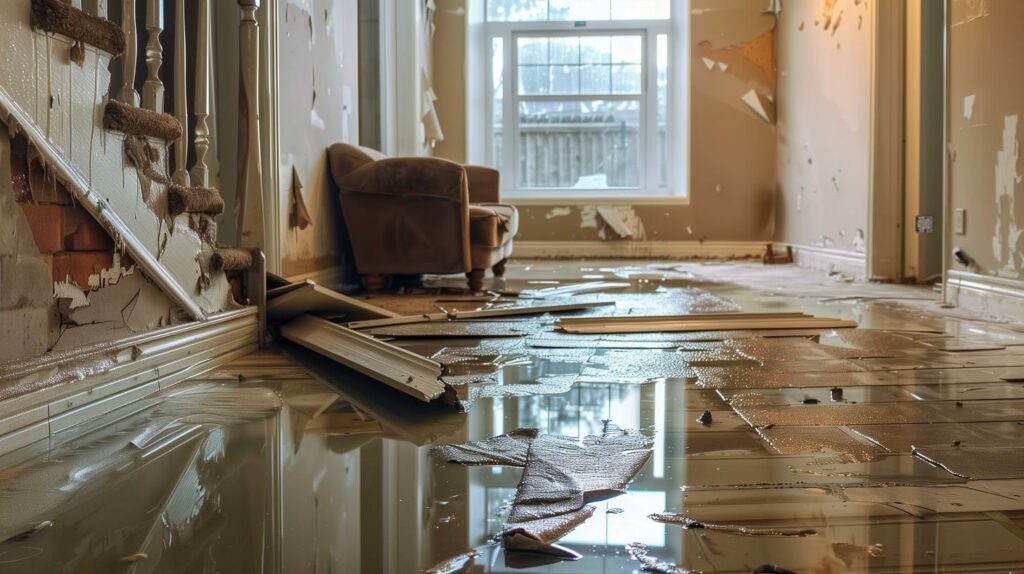Contents
Do you ever wonder if your water pipes are in bad shape? What are the major causes of failure of pipes? Well, you’re in the right place!
In this article, we’ll help you figure out if your pipes are causing you trouble. From low water pressure and discolored water to leaks and strange noises, we’ll cover all the signs to look out for.
So, sit back, relax, and let us guide you through this journey of pipe diagnosis.
Key Takeaways
- Visible signs of damage and leaks, such as cracks, rust, and corrosion, can indicate that water pipes are bad.
- Discolored water and water supply issues, such as the presence of rust or sediment and disturbances in the water supply, can be signs of bad water pipes.
- Leaks in various parts of the plumbing system and signs of water damage, such as damp walls and peeling paint, can indicate bad water pipes.
- Strange noises in the pipes, such as rattling, banging, or whistling sounds, can be a sign of bad water pipes and should be addressed by a professional plumber.
Low Water Pressure
If you’re experiencing low water pressure in your home, it could be a sign that your water pipes are in bad condition. Low water pressure can be frustrating, especially when you’re trying to take a shower or wash dishes. But don’t worry, there are a few things you can do to determine if your water pipes are the culprit.
First, check for any visible signs of damage or leaks. Inspect your pipes for any cracks, rust, or corrosion. These are indicators of pipe deterioration and can cause low water pressure. If you notice any of these issues, it’s time to call a professional plumber to assess the situation.
Another possible cause of low water pressure is mineral buildup. Over time, minerals can accumulate inside your pipes and restrict the flow of water. To test if mineral buildup is the problem, remove the aerator from your faucet and clean it thoroughly. If the water pressure improves after cleaning the aerator, then mineral buildup is likely the cause.
In some cases, low water pressure may be due to outdated or undersized pipes. If your home is older, it’s possible that the pipes have deteriorated over time or weren’t properly sized to handle the demand. In this situation, replacing the pipes may be necessary to restore proper water pressure.
Discolored Water
When your water pipes are in bad condition, one common issue you may encounter is discolored water. Discolored water can be a cause for concern, as it may indicate a problem with your pipes or the water supply. If you notice that your water is a strange color, such as brown, yellow, or even green, it’s important to take action.
Discolored water can be caused by a variety of factors. One possible cause is the presence of rust or sediment in your pipes. Over time, pipes can corrode and develop rust, which can then mix with the water and cause it to become discolored. Sediment, such as dirt or debris, can also accumulate in the pipes and affect the water’s color.
Another potential cause of discolored water is a disturbance in the water supply. Sometimes, if there’s maintenance or construction work happening in your area, it can temporarily disrupt the water supply and lead to discolored water. Additionally, changes in the water pressure can stir up sediment in the pipes and cause the water to appear discolored.
If you’re experiencing discolored water, it’s important to address the issue promptly. Start by contacting your local water utility to inquire about any known issues in your area. They may be able to provide you with information about the cause of the discoloration and any necessary steps to resolve the problem. In some cases, you may need to schedule an inspection with a plumber to assess the condition of your pipes and determine if any repairs or replacements are needed.
Leaks and Water Damage
When you notice discolored water, it’s important to be aware that leaks and water damage could be potential causes. Leaks in your water pipes can lead to serious water damage in your home, causing structural issues, mold growth, and costly repairs.
Here are some key things to know about leaks and water damage:
- Leaks: Water leaks can occur in various parts of your plumbing system, including pipes, joints, valves, and fixtures. These leaks can cause water to seep into walls, floors, and ceilings, leading to hidden damage that may not be immediately noticeable.
- Signs of water damage: Look out for signs such as damp or stained walls, peeling wallpaper or paint, musty odors, and warped or buckling floors. These are indications that water may be leaking and causing damage in your home.
- Health risks: Water damage can create an environment conducive to mold growth, which can lead to respiratory issues, allergies, and other health problems. Promptly addressing leaks and water damage is essential to maintain a healthy living environment.
- Professional assistance: If you suspect water damage or have identified a leak in your plumbing system, it’s advisable to seek professional help. A qualified plumber can assess the extent of the damage, locate and repair the leaks, and provide guidance on preventing future issues.
Strange Noises in the Pipes
One indication that your water pipes may be bad is hearing strange noises in the pipes. If you’re hearing unusual sounds like rattling, banging, or whistling coming from your pipes, it could be a sign of underlying issues. These noises often occur when there’s a problem with the plumbing system, such as loose pipes, water hammer, or high water pressure. While the noises themselves may not pose an immediate threat, they could be a warning sign of potential future problems if left unaddressed.
Rattling noises in the pipes can be caused by loose brackets or pipes that aren’t properly secured. When water flows through the pipes, it can create vibrations that cause the pipes to rattle. Banging sounds, on the other hand, may indicate that the water pressure is too high. This increased pressure can cause the pipes to shake and bang against other surfaces. Whistling noises are often associated with issues such as a faulty valve or a small leak in the pipes. The sound is produced when water passes through a narrow opening or a damaged section of the plumbing system.
If you’re experiencing strange noises in your pipes, it’s important to have them inspected and repaired by a professional plumber. Ignoring these sounds could lead to more significant problems down the line, such as burst pipes or water damage. A qualified plumber can identify the source of the noise and make the necessary repairs to ensure the proper functioning of your plumbing system.
Age and Deterioration
If your water pipes are old, they may be prone to deterioration. Over time, age can take a toll on the condition of your pipes, leading to potential problems and leaks. It’s important to be aware of the signs of deterioration and take action to prevent any further damage.
Here are some indicators that your water pipes may be deteriorating:
- Discolored water: If you notice a brown or rusty color in your tap water, it could be a sign of deteriorating pipes. Over time, corrosion can occur, causing the water to become contaminated with rust particles.
- Low water pressure: If you’re experiencing a decrease in water pressure, it may be due to a buildup of sediment or mineral deposits in your pipes. As pipes age, they can become more susceptible to blockages and obstructions.
- Frequent leaks: Aging pipes are more prone to cracks and leaks. If you find yourself dealing with frequent leaks or water damage, it’s a clear indication that your pipes are deteriorating and in need of attention.
- Strange odors: If you notice a foul smell coming from your tap water, it could be a sign of deteriorating pipes. Over time, bacteria can grow in the pipes, causing unpleasant odors.
To ensure the longevity of your water pipes and prevent further deterioration, it’s important to take proactive measures. Regular inspections and maintenance can help identify any issues early on and prevent costly repairs in the future. If you suspect that your water pipes are deteriorating, it’s best to consult with a professional plumber who can assess the situation and provide the necessary solutions.
Conclusion
So, if you have been experiencing low water pressure, discolored water, leaks and water damage, strange noises in the pipes, or if your water pipes are old and deteriorating, it’s likely that your water pipes are bad.
It’s important to address these issues promptly to avoid further damage and ensure the safety and quality of your water supply.
Don’t hesitate to contact a professional plumber for a thorough inspection and necessary repairs.




